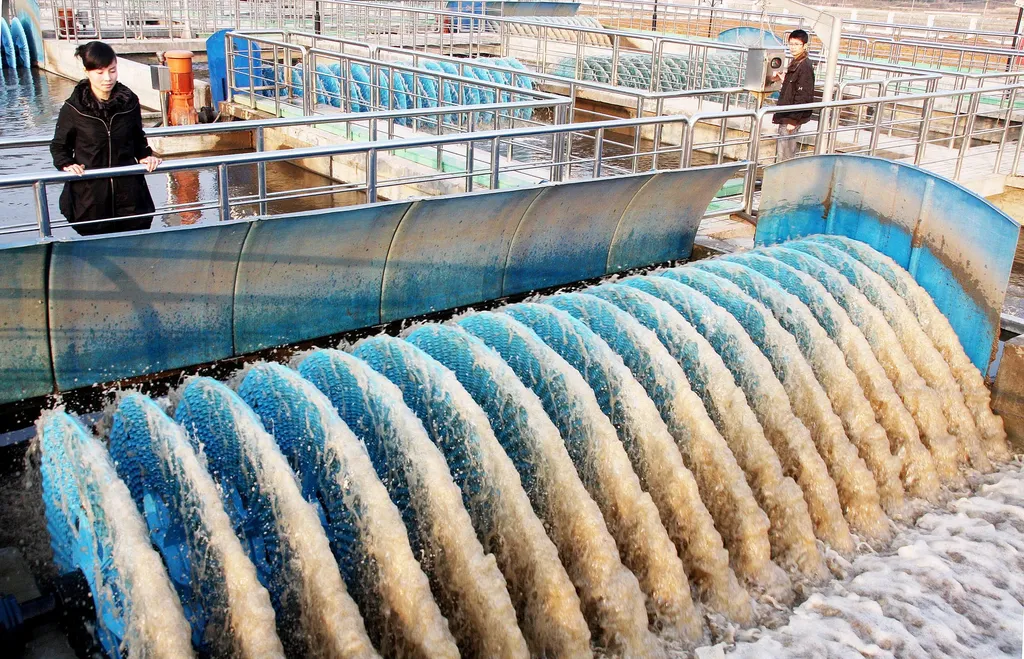In a significant stride towards sustainable agriculture, researchers have developed a novel method to convert agricultural waste into high-value, peat-free seedling substrates. The study, published in *Industrial Crops and Products*, offers a promising solution to the environmental challenges posed by traditional peat-based substrates.
The research, led by Zhongxu Duan from the State Key Laboratory of Black Soils Conservation and Utilization at the Chinese Academy of Sciences, introduces a self-elevating ultra-high temperature composting (sf-HTC) process. This innovative technique efficiently transforms cattle manure, chicken manure, and straw into safe and sustainable bio-based seedling substrates within just 28 days. The process not only reduces the bioavailability of heavy metals by 65% but also decreases the abundance of antibiotic resistance genes (ARGs) by 74%, significantly enhancing ecological safety.
Greenhouse and field experiments revealed that the substrate containing 40% chicken manure (B40) boosted seedling vigor by 228% compared to commercial peat-based substrates. Moreover, it enhanced the nutritional quality of fruits, increasing vitamin C, soluble sugar, lycopene, and capsaicin contents by 22%, 34%, 11.8%, and 18.2%, respectively.
“The B40 substrate significantly increased the abundance of beneficial rhizosphere microorganisms like Bacillus subtilis by 257%,” explained Duan. “It also promoted the enrichment of Azospirillum and Nocardia, elevating soil alkaline phosphatase activity by 63%. These changes are key drivers for enhanced plant growth and improved fruit nutritional quality.”
The commercial implications of this research are substantial. As the agriculture sector increasingly seeks sustainable alternatives to peat, this technology offers a scalable and eco-friendly solution. By valorizing agricultural waste, it provides a dual benefit: reducing waste disposal costs and generating a high-value product that can replace peat in seedling production.
“This technology provides a scientific basis for the high-value utilization of agricultural organic waste and the industrial application of bio-based seedling substrates,” Duan added. “It contributes to the advancement of green agriculture and ecological sustainability.”
The study’s findings could reshape the future of seedling production, offering a viable path towards sustainable agriculture. As the industry continues to grapple with environmental concerns, this research highlights the potential of innovative technologies to drive positive change. With further development and commercialization, the sf-HTC process could become a cornerstone of sustainable agricultural practices worldwide.

